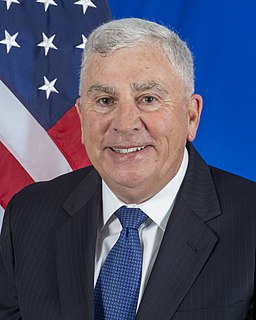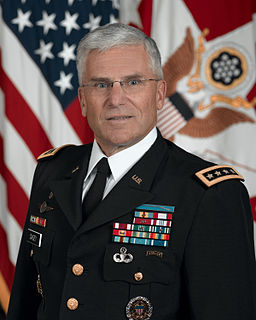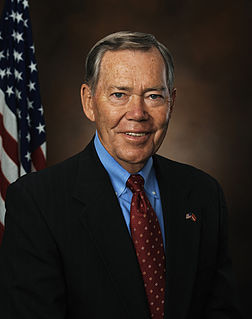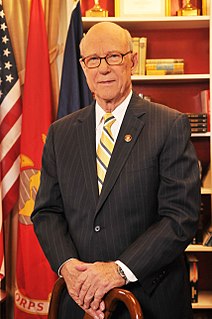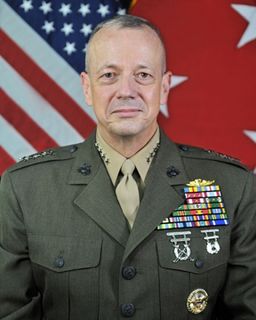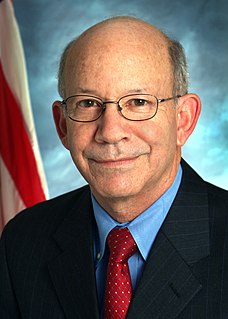A Quote by John Abizaid
And over time, I think, as Iraqi security capacity builds, you'll see American and coalition presence there decline.
Related Quotes
The reality is that [Barack] Obama has some 15 countries in the current Libya coalition. President Bush put together close to 50 countries for the Afghan coalition, some 40 countries for the Iraqi coalition, more than 90 countries for the Proliferation Security Initiative and over 90 countries in the Global War on Terror.
The contracts for Iraqi rebuilding are commercial contracts. I think being in the coalition of the willing puts us in the radar screen, but we also have to compete with other countries that are in the coalition of the willing, but the Philippines is a country that has produced world-class skilled workers that we have seen all over the world.
It is the US government's desire for the Iraqi people to lead themselves, not for any outside power to be the leadership for Iraq in the future. There may be some transition period where the international community would have to help the Iraqi people put in place a representative government. But that is the goal, not for the United States, or any other nation, for that matter, who might be in such a coalition, if one is formed, to serve as the leader of the Iraqi nation.
